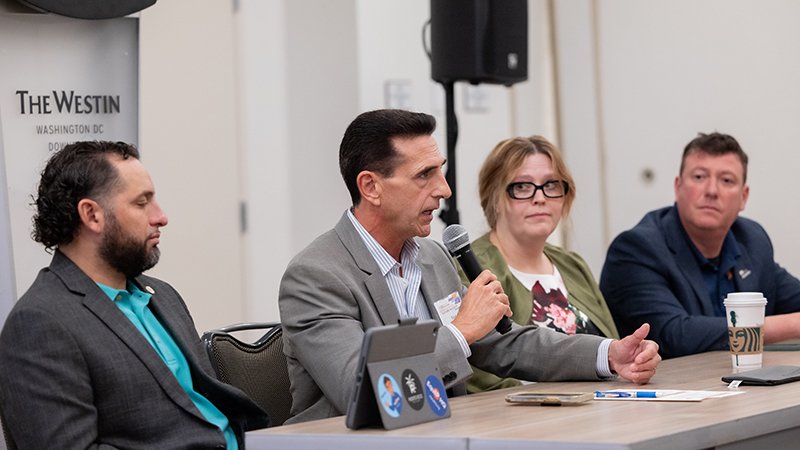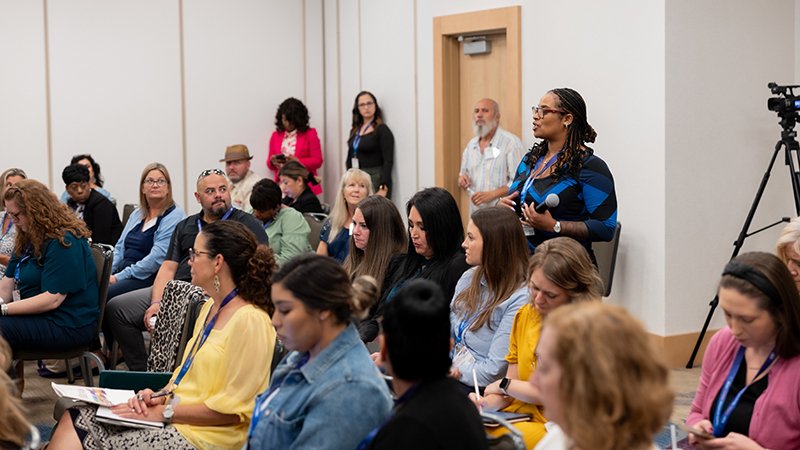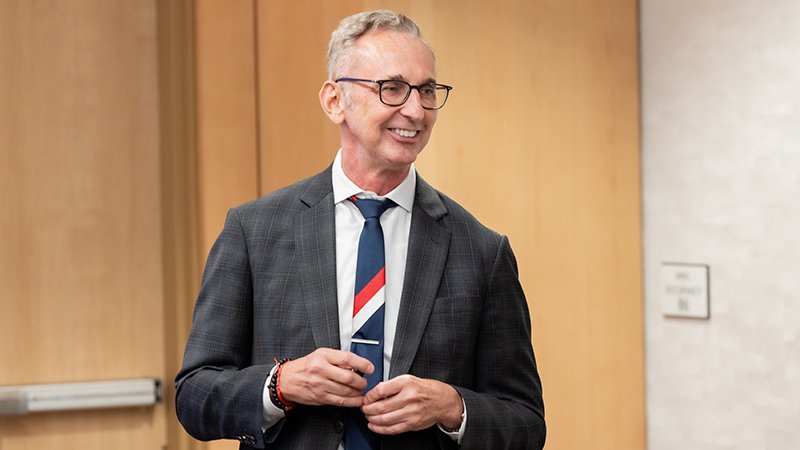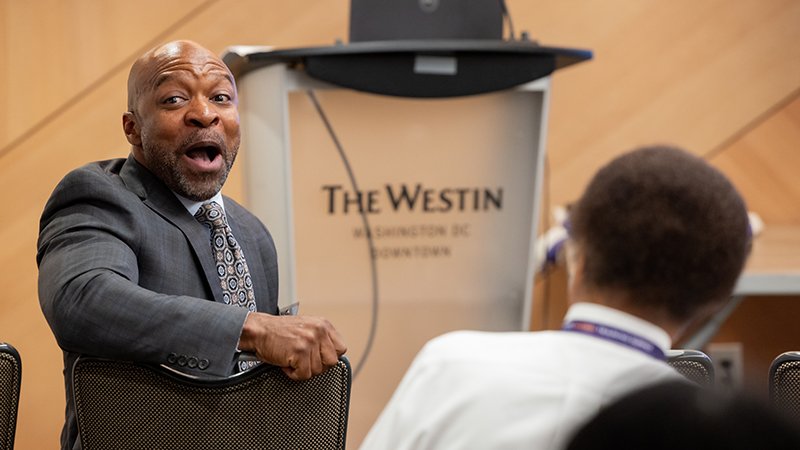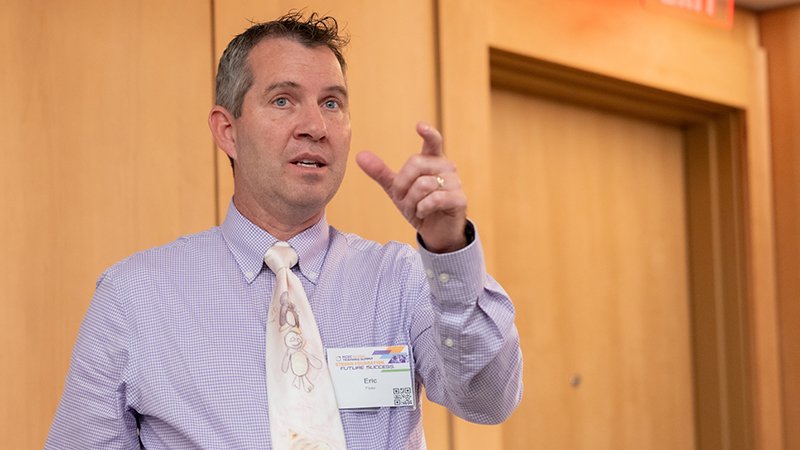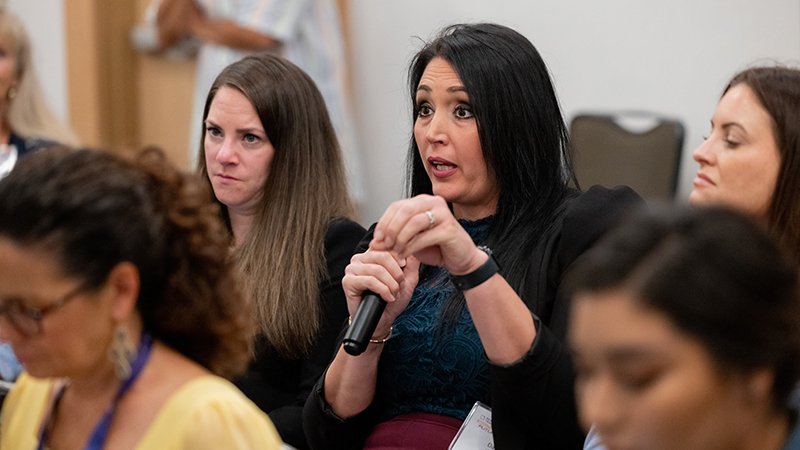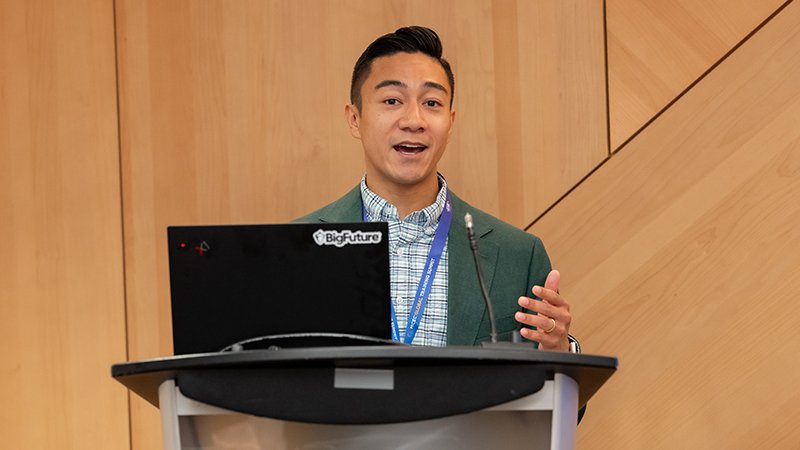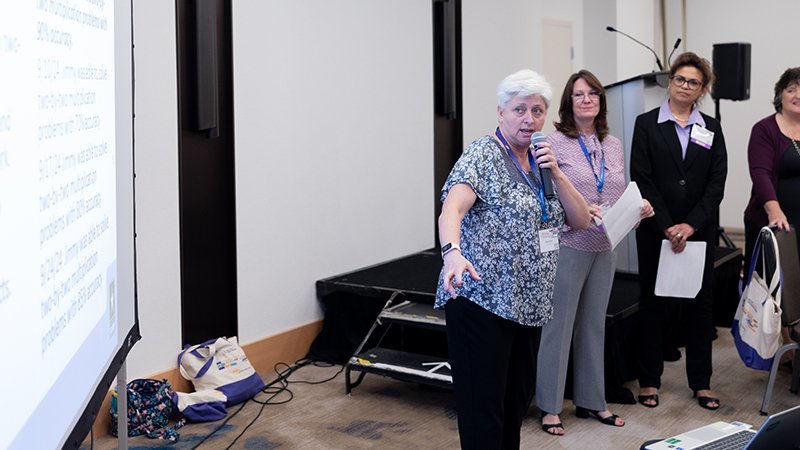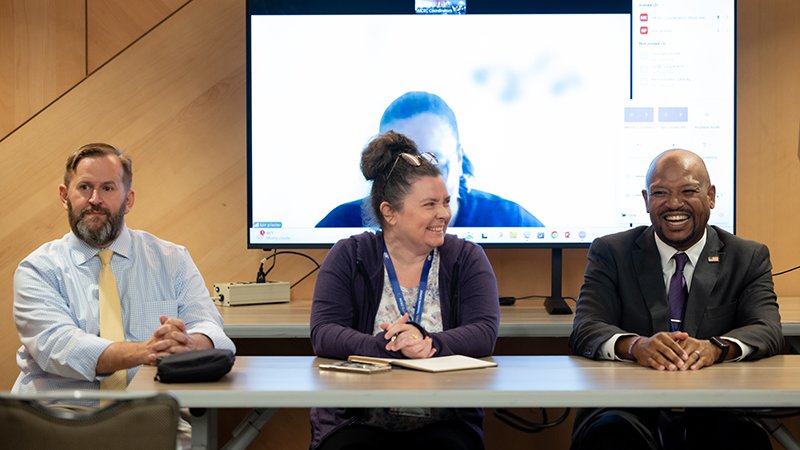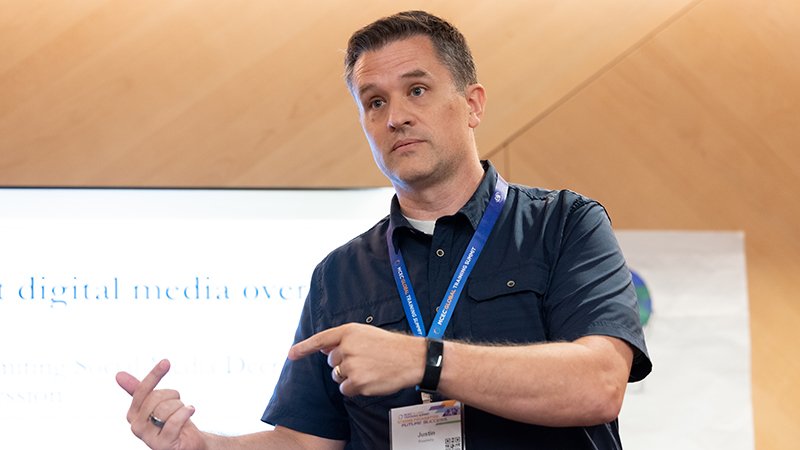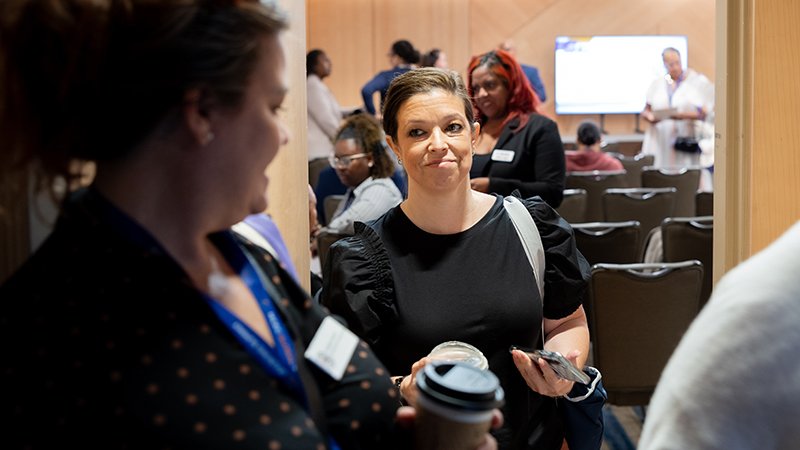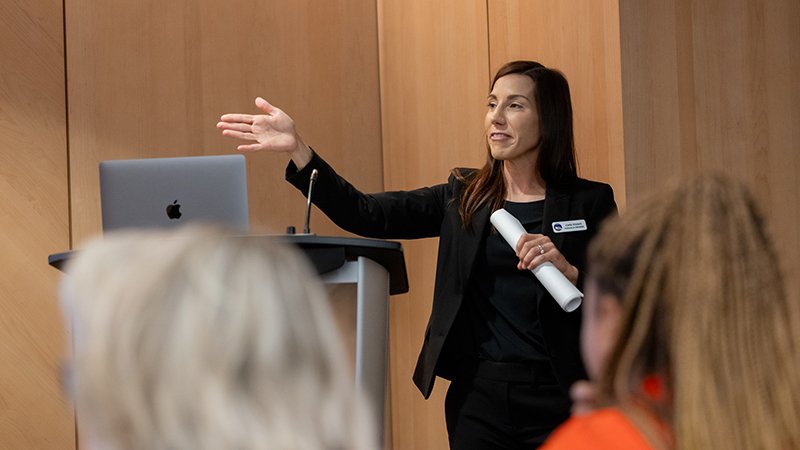Distinguished Lecture Highlights
In-Person and Virtual Sessions
The 2024 MCEC GTS Distinguished Lecture series offered a comprehensive lineup of sessions designed to empower educators, families, and community members in supporting the academic and personal growth of military-connected students. Spanning twelve in-person sessions in Washington, D.C., and seven virtual sessions, the series addressed a broad spectrum of topics crucial to the success and well-being of these students. Key themes included managing transitions, mitigating learning gaps, and fostering positive mental health amidst the challenges of mobility and digital media use. The lectures also explored the importance of peer-to-peer support programs and the development of educational partnerships within communities heavily populated by military families.
“The facilitators did a fantastic job. They kept us engaged and shared important information.”
A significant focus was placed on equipping attendees with actionable strategies to navigate the complex educational landscape that military-connected students face, particularly regarding legal frameworks that ensure consistent and equitable learning environments across different states and districts. Sessions like “Great Tool Horrible Master” discussed the impact of digital media on students’ mental health, providing insights that attendees found directly applicable to their work. Other sessions emphasized the importance of creating high-quality social connections and building a supportive network that bolsters both the physical and psychological well-being of students.
“Terrific information and presentation! I will implement the strategies I learned in my counseling sessions with students.”
A trio of sessions, sponsored by CareSource Military & Veterans, focused on military-connected students with additional needs and disabilities. The 3-part series provided opportunities to learn from and collaborate with experts in the field and emphasize the importance of providing equal access to learning and development opportunities.
“It’s so important to empower families with Special Ed students to know how to support them through a highly mobile lifestyle.”
By offering practical advice, real-world examples, and a platform for sharing experiences, the Distinguished Lectures underscored MCEC’s unwavering commitment to enhancing educational outcomes and life readiness for military-connected students.

